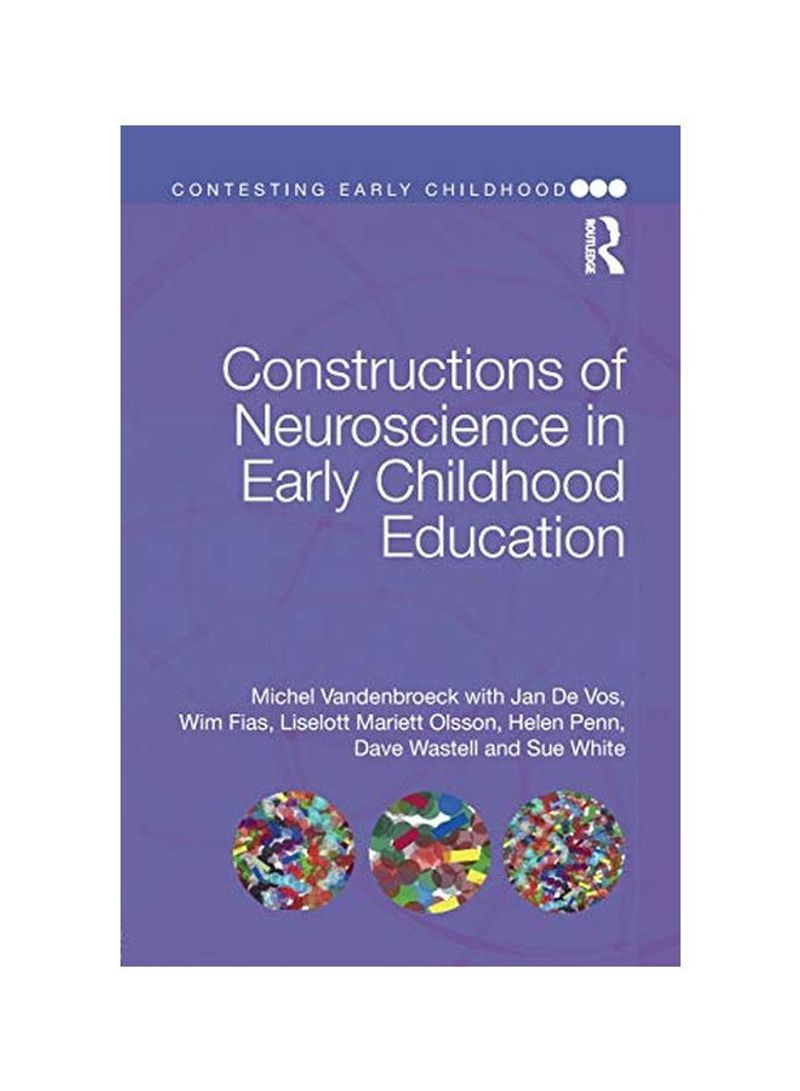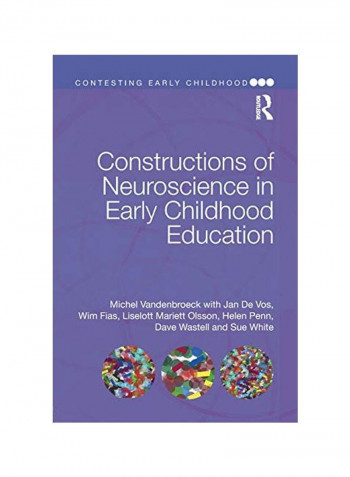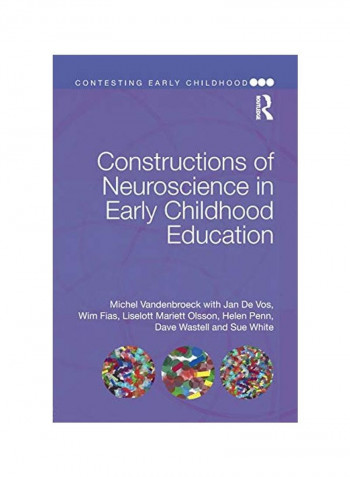Constructions Of Neuroscience In Early Childhood Education Paperback
Recommend
Sort by
Rating
Date
Specifications
Grade
New
Author 1
Michel VandenBroeck
Book Description
This book explores and critiques topical debates in educational sciences, philosophy, social work and cognitive neuroscience. It examines constructions of children, parents and the welfare state in relation to neurosciences and its vocabulary of brain architecture, critical periods and toxic stress. The authors provide insight into the historical roots of the relationship between early childhood education policy and practice and sciences. The book argues that the neurophilia in the early childhood education field is not a coincidence, but relates to larger societal changes that value economic arguments over ethical, social and eminently pedagogical concerns. It affects the image of the child, the parent and the very meaning of education in general.
ISBN-10
1138214825
ISBN-13
9781138214828
Language
English
Publisher
Taylor & Francis Ltd
Publication Date
14 Jul 2017
Number of Pages
98
About the Author
Michel Vandenbroeck is head of the Department of Social Work and Social Pedagogy at Ghent University
Editor 1
Sue White
Author 2
Jan de Vos
Author 3
Wim Fias
Author 4
Liselott Mariett Olsson
Author 5
Helen Penn
Author 6
Dave Wastell
Editorial Review
His book provides a welcome addition to the critical literature on the uses and misuses of neuroscience in policy and practice, focused in particular on the current 'neuroethusiasm' that pervades much advocacy for early intervention and contributes to early childhood services increasingly becoming a technical practice for governing child and parent alike. In keeping with the aims of the series contesting early childhood, the book will help readers question the claims of what has become a dominant discourse, and to gain a better understanding of what neuroscience can and can't offer early childhood education.' - emeritus professor peter moss, institute of education, university college london 'this book makes myth busting its business by seriously considering the common sense status of much knowledge about neuroscience and early childhood education. Practitioners, policy makers, and politicians should know about the ways in which facets of neuroscience have been misrepresented, reduced and simplified to produce simplistic conclusions that amount ultimately to deficit and blame, and technocratic arguments for alleged economic benefits. It provokes neuro-enthusiasts to interrogate neuroscience 'truths' and the evidence to support these by thinking beyond the economic bottom line and reflect about meanings of education, visions of society, social justice, and equity.' - sue grieshaber, monash university, australia



